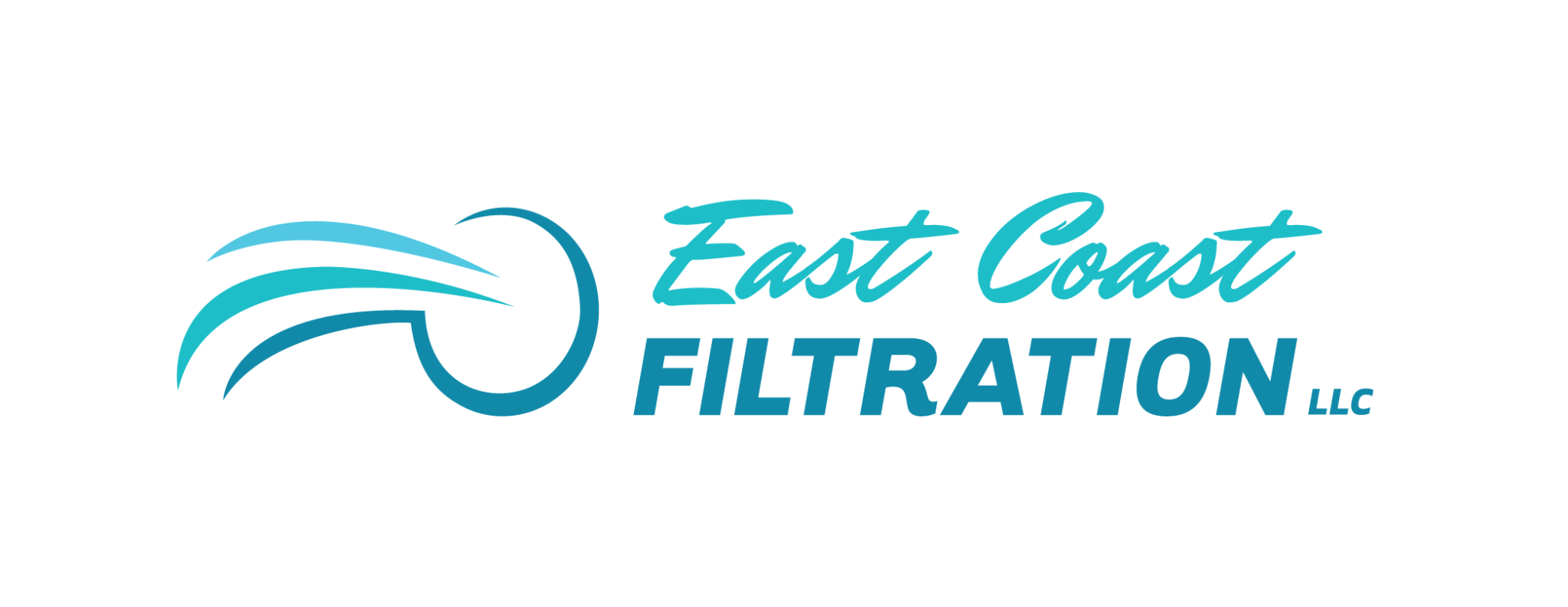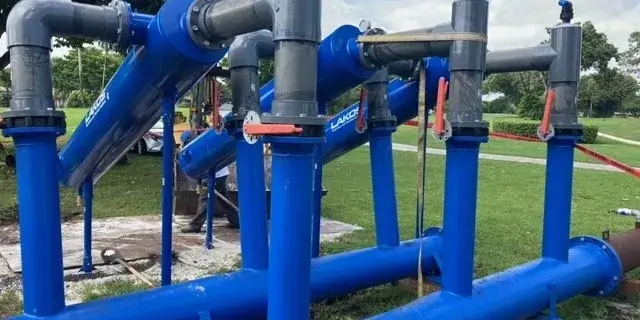In an era where clean, safe water is paramount for both residential and industrial applications, having a reliable filtration system is essential. As the leading distributor of Lakos products, East Coast Filtration understands the importance of maintaining optimal water quality. However, like all systems, filtration units have a lifespan and may require replacement after years of operation. Here, we’ll discuss key indicators that suggest it may be time for a new filtration system, ensuring you continue to enjoy clean water without interruptions.
1. Decreased Water Quality
One of the most apparent signs that your filtration system may need replacement is a noticeable decline in water quality. This could manifest as discolored water, an unpleasant taste, or notable odors. If your water no longer meets health and aesthetic standards, it’s essential to assess your filtration system. Over time, filters can become saturated with contaminants, becoming less effective at purifying water. In cases where maintenance hasn’t resolved the issues, it might be time to consider investing in a new filtration system.
2. Increased Pressure Drop
Filtration systems are designed to maintain a certain flow rate and pressure. If you begin to notice a significant drop in water pressure or a reduced flow rate, this could indicate that your filter is becoming clogged with sediments or contaminants. In many cases, cleaning or replacing the filter media may solve the issue. However, if the pressure drop persists even after maintenance, it often suggests that the system is nearing the end of its functional life. Regularly monitor your water pressure, and consult with a filtration professional if you notice any concerning trends.
3. Frequent Maintenance Needs
Another key indicator of a failing filtration system is the frequency of required maintenance. If you find yourself cleaning or replacing filter components more often than before, it’s a sign that your system may not be functioning efficiently. Furthermore, excessive maintenance can lead to increased costs and downtime, which may not be sustainable. Evaluating newer models with better filtration technology, such as Lakos products, could provide long-term savings and improved performance.
4. System Age
Understanding the age of your filtration system is vital in assessing its efficacy. Most filtration systems have a finite lifespan that depends on usage, maintenance, and environmental factors. Generally, a well-maintained filtration system can last anywhere from 5-15 years; however, older systems may not adequately remove contaminants to meet current health standards or user expectations. If your system is approaching or exceeding this age limit, it could be wise to consider an upgrade to ensure you have the latest technology and regulatory compliance.
5. Changes in Usage Demands
Your water filtration needs may change due to increased water consumption, new health standards, or additional contaminants in your water source. Factors such as increased population size in your area, changes in agricultural practices, or updated regulations can all introduce the need for a more robust filtration solution. If you’ve experienced changes in your water consumption or quality requirements, reassessing your filtration system’s ability to handle current demands is crucial.
6. Unusual Sounds or Vibrations
If your filtration system starts making unusual sounds or vibrations during operation, it may be indicating that some components are failing or that there are blockages within the system. Noisy operation can stem from various issues such as a failing pump or a significant buildup of debris in the filters. Regularly monitoring operational sounds can help catch issues early on. When maintenance doesn’t resolve these noises, it’s time to consider a replacement.
7. Technological Advancements
Finally, keep an eye on advancements in filtration technology. Older systems may lack the efficiency and effectiveness of modern filtration solutions. Newer models often incorporate improved materials, greater contaminant removal capabilities, and energy-saving features. Upgrading your system to take advantage of these developments not only ensures better quality water but can also lead to reduced operational costs over time.
Conclusion
At East Coast Filtration, our team understands the critical role that effective water filtration plays in your daily life, whether at home or in an industrial setting. By keeping an eye on the indicators listed above, you can make informed decisions about when it’s time to invest in a new filtration system. Our team is here to help you determine the best filtration solution for your needs, ensuring you enjoy clean, safe water for years to come. Trust in our expertise and the superior quality of Lakos products to keep your water pristine.

